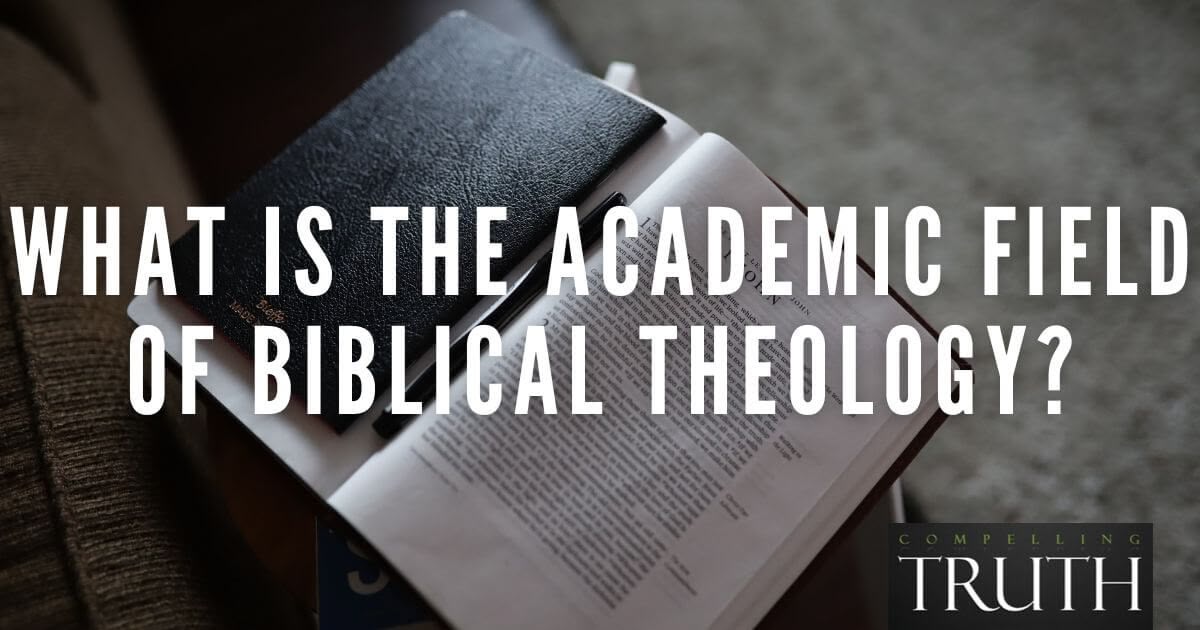Liberation Theology is a form of theology that focuses on interpreting the teachings of Christianity (and especially of Jesus) through the lens of a particular ethnic, economic, political, or social condition. Though especially discussed within Roman Catholic Theology, Liberation Theology has been an area of much emphasis among both Catholic and Protestant writers since the mid-Twentieth Century.
Liberation Theology came to importance in the 1950s in Latin America as a way to emphasize liberation and redistribution of wealth among the poor. Because of its political emphasis, many have associated the movement with Marxism, though this has only sometimes been the case.
In the 1960s, Liberation Theology spread from Latin America's poor to North America where it served as a basis for many actions in the Civil Rights movement. Its ideas were used in a wide range of contexts, causing many Bible believing Christians to see the idea of Liberation Theology as something to avoid. Many have taught that Liberation Theology is essentially false teaching or heretical, though its wide range of use requires a closer look at how one is using the term to determine how teachings reflect or do not reflect biblical teachings.
Is Liberation Theology biblical? If Liberation Theology is defined as it has traditionally been treated, then most of Liberation Theology would be rejected as a political misuse of biblical concepts for human gain. That said, the Bible speaks frequently about the importance of caring for those who are oppressed. Proverbs 31:8 specifically calls readers to, "Open your mouth for the mute, for the rights of all who are destitute." James 1:27 speaks of "true religion" including care for orphans and widows. Micah 6:8 calls all those who love God to "do justice."
The question is not whether Christians are called to help those who are oppressed, but how to do so. Liberation Theology has traditionally focused on political means as the answer to oppression, even often emphasizing Marxism as the particular form of government that would provide liberation. However, Jesus was clear that His kingdom was "not of this world" and that believers are called to focus on eternal realities while helping those in need. Early believers focused on the spread of the Gospel and development of churches while also emphasizing care for the poor and those in need. This true emphasis on both spiritual and physical needs stands as the correct biblical emphasis of liberation that cares for both human concerns while emphasizing the most important concern of all—salvation found in a relationship with Jesus Christ.
Liberation Theology came to importance in the 1950s in Latin America as a way to emphasize liberation and redistribution of wealth among the poor. Because of its political emphasis, many have associated the movement with Marxism, though this has only sometimes been the case.
In the 1960s, Liberation Theology spread from Latin America's poor to North America where it served as a basis for many actions in the Civil Rights movement. Its ideas were used in a wide range of contexts, causing many Bible believing Christians to see the idea of Liberation Theology as something to avoid. Many have taught that Liberation Theology is essentially false teaching or heretical, though its wide range of use requires a closer look at how one is using the term to determine how teachings reflect or do not reflect biblical teachings.
Is Liberation Theology biblical? If Liberation Theology is defined as it has traditionally been treated, then most of Liberation Theology would be rejected as a political misuse of biblical concepts for human gain. That said, the Bible speaks frequently about the importance of caring for those who are oppressed. Proverbs 31:8 specifically calls readers to, "Open your mouth for the mute, for the rights of all who are destitute." James 1:27 speaks of "true religion" including care for orphans and widows. Micah 6:8 calls all those who love God to "do justice."
The question is not whether Christians are called to help those who are oppressed, but how to do so. Liberation Theology has traditionally focused on political means as the answer to oppression, even often emphasizing Marxism as the particular form of government that would provide liberation. However, Jesus was clear that His kingdom was "not of this world" and that believers are called to focus on eternal realities while helping those in need. Early believers focused on the spread of the Gospel and development of churches while also emphasizing care for the poor and those in need. This true emphasis on both spiritual and physical needs stands as the correct biblical emphasis of liberation that cares for both human concerns while emphasizing the most important concern of all—salvation found in a relationship with Jesus Christ.



